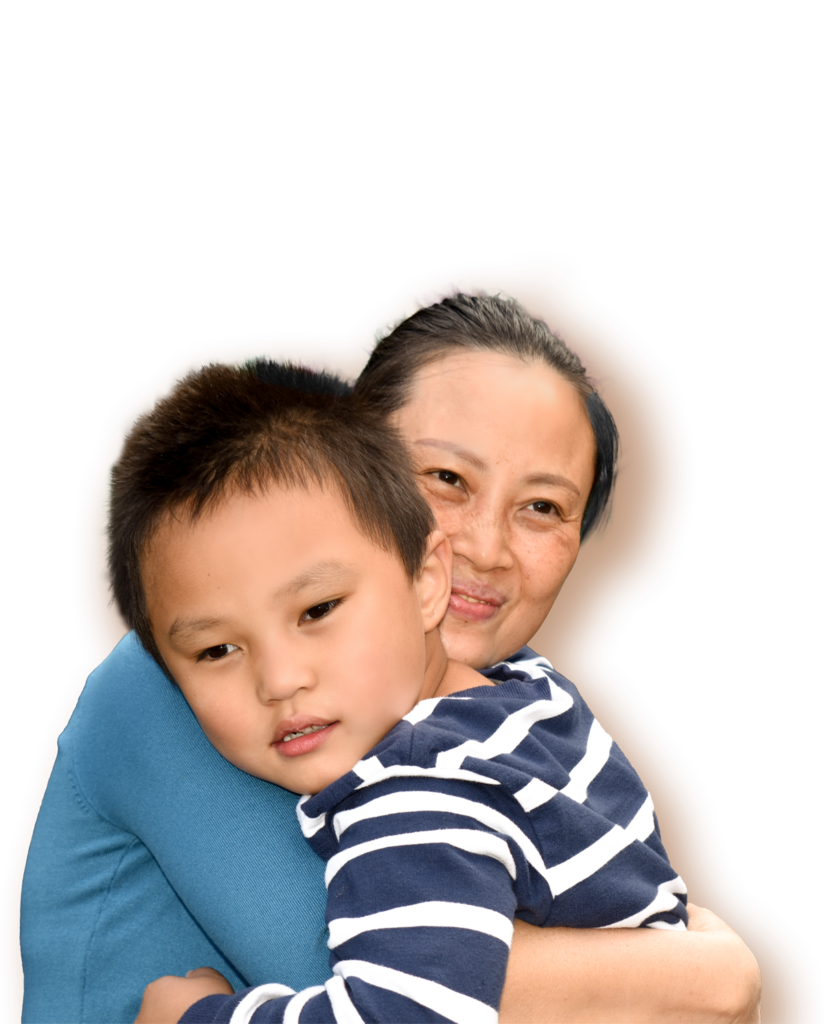COVID-19 related restrictions have limited a lot of things we used to be able to do and enjoy. For many, that has created a great deal of stress and ultimately mood changes – AKA “the COVID Blues.” Though everyone’s symptoms can be different, here are some common ones:
- Feelings of sadness, tearfulness, emptiness or hopelessness
- Guilt
- Anger or more irritability than normal
- Withdrawing from things you used to enjoy
- Avoiding talking to friends and family
- Sleeping too much or not enough
- Thoughts about harming yourself
- Changes in appetite or weight
It’s important to pay attention to how long your symptoms last. Symptoms of COVID blues can often be the same as anxiety or depression. The blues come and go in waves, but a major depressive episode can last at least two weeks. If you are constantly distracted from your normal roles like work or family life, that can be a sign of something more serious. It’s important to be aware of symptoms and seek help from a mental health professional if you notice you or a loved one is in a depressive episode.
Things you can do for COVID blues:
- Understand your feelings are normal
- Reframe your thinking- Think I care about other people, I know this is important. It takes everyone doing their part to make a difference
- Try focusing on what is available to you instead of what isn’t
- Step up your selfcare – get enough sleep, stay physically active and eat healthy. Yoga, meditation and massage have been shown to improve mood.
- Know your red flags- There are psychiatrists, counselors and support groups that you can be connected with. If you or someone you know is in danger of hurting themselves, please call the National Suicide Prevention Hotline at 800-273-8255.
A daily checklist of mental health “nutrition” can help maintain a positive mood:
- Talk to friends and family face-to-face, not just text or chat
- Find a productive or meaningful activity- provide support or assistance to others during COVID 19 crisis.
- Physical activity
- Consistent sleep routine

